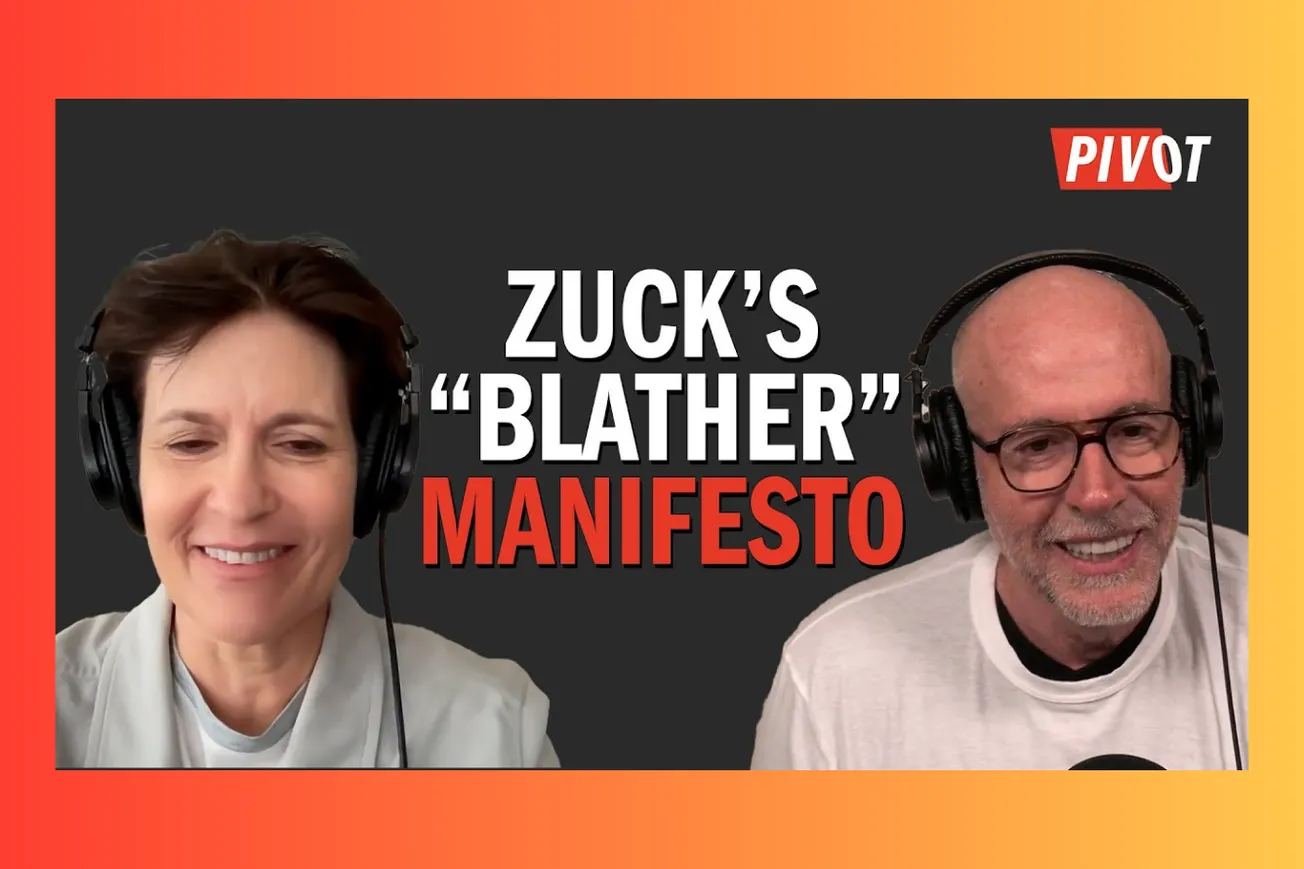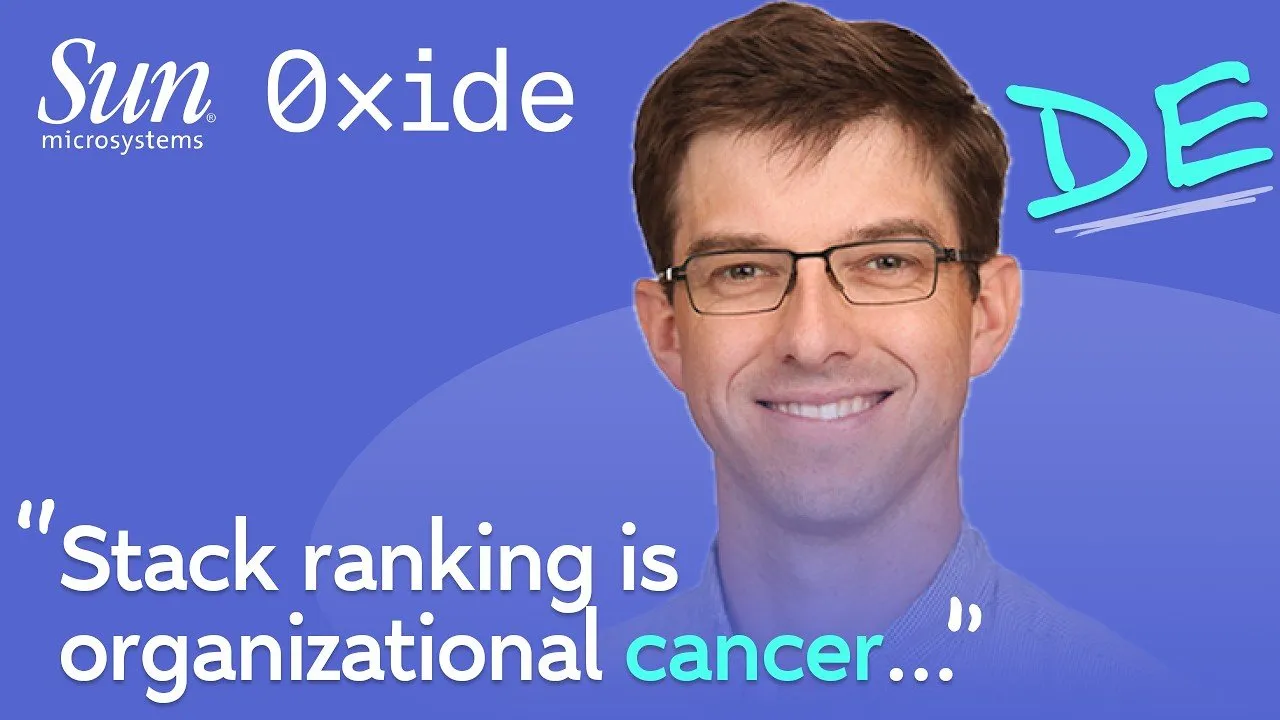Table of Contents
Tech earnings season delivered explosive growth as Microsoft and Meta doubled down on AI infrastructure, while Joe Rogan's Trump criticism and congressional stock trading debates reveal deepening political fractures.
Key Takeaways
- Microsoft and Meta added $550 billion in market cap overnight following blockbuster earnings driven by massive AI investments
- AI infrastructure spending now exceeds total US consumer spending, marking historic capital deployment levels unprecedented outside wartime
- Joe Rogan's public criticism of Trump immigration policies signals potential fractures in the influential podcaster's political support base
- Congressional stock trading ban advances despite Trump opposition, with 80% public support for legislative reform measures
- Mark Zuckerberg's "AI super intelligence" manifesto outlines personal assistant vision while downplaying automation concerns for workers
- Novo Nordisk's 30% stock plunge demonstrates how competition can rapidly reshape even dominant pharmaceutical market positions
- Figma's IPO represents regulatory success story, going public after EU blocked Adobe acquisition for competitive concerns
Tech Earnings Showcase Historic AI Investment Scale
Microsoft and Meta's latest quarterly results demonstrate how artificial intelligence has fundamentally transformed corporate capital allocation priorities. Microsoft reported revenue surging 18% year-over-year to $76 billion, while capital spending climbed 27% as the company aggressively expands AI infrastructure. Meta delivered equally impressive numbers with $47 billion in revenue, up 22%, and $18 billion in profit representing 36% growth.
- Microsoft's Azure cloud unit grew 39% annually, positioning the division as potentially worth $1 trillion based on comparable price-to-sales ratios from similar businesses
- Meta added 6% more users to its 3.5 billion person base, effectively growing by Brazil's entire population within a single year period
- Combined AI capital expenditure across major tech companies exceeded total US consumer spending during the same quarter, marking unprecedented private investment levels
- Meta's compensation costs for technical talent in priority AI areas ranked as the second largest driver of overall expense growth across operations
- Microsoft plans $30 billion in capital spending next quarter, representing 50% increase from previous year's comparable investment levels
- Market capitalization increases of $550 billion overnight between the two companies alone exceeded the total value of entire national stock markets
The scale of investment represents what analysts describe as potentially the largest private capital deployment in corporate history outside wartime military spending. Oracle's Larry Ellison exemplifies this trend, with his ownership stake increasing from 24% to 41% as the company prioritized AI infrastructure over traditional share buyback programs.
These earnings highlight how tariff policies inadvertently benefit tech companies while harming traditional manufacturers. As other industries face supply chain uncertainties, institutional investors increasingly concentrate capital in AI-focused companies that remain largely insulated from trade policy volatility.
Political Fractures Emerge in Trump's Media Support Base
Joe Rogan's public criticism of Trump administration policies signals potential instability in the influential podcaster's political support network. Rogan, whose endorsement arguably helped secure Trump's victory through massive audience reach, now voices concerns about immigration enforcement and press freedom restrictions.
- Rogan described deportation policies as overcorrection with "3,000 people a day they want to deport" creating risks for innocent individuals caught up
- Immigration raids particularly troubled Rogan and similar influencers who witness enforcement targeting workers like "gardeners and in Home Depot lot"
- Epstein document controversies emerged as "hardcore line in the sand" issue for Rogan's audience expecting transparency from Trump administration promises
- Manosphere podcasters including Shane Gillis and Andrew Schultz increasingly mock Trump policies, representing significant audience influence shift away from support
- Trump's single Rogan podcast appearance generated 40 million YouTube views and 15 million audio downloads, demonstrating the platform's electoral impact significance
- Harris campaign's failure to appear on Rogan required equivalent of "MSNBC, CNN, and Fox every night for 3 hours for two weeks" exposure
The criticism extends beyond immigration to broader press freedom concerns. When Trump threatens entertainers and restricts international student commentary, Rogan consistently applies free speech principles regardless of political alignment.
Rogan's influence among young men cannot be overstated. Many listeners essentially repeat his talking points verbatim, making his skepticism of Trump policies particularly significant for maintaining political coalitions built around podcast-driven messaging strategies.
Congressional Stock Trading Reform Gains Momentum Despite Opposition
The Senate committee's advancement of legislation banning congressional stock trading represents rare bipartisan policy support, despite Trump's vocal opposition and personal financial conflicts. The bill, originally dubbed the "Pelosi Act," would prohibit lawmakers from buying stocks once enacted and block sales for 90 days afterward.
- Eighty percent of Americans support congressional trading restrictions across party lines, making this among the most popular proposed legislation in recent years
- Nancy Pelosi's household net worth of $420 million increased 54% last year, while Democrats averaged 31% returns and Republicans achieved 26% performance
- Current congressional salary of $174,000 requires lawmakers to maintain residences in both home districts and Washington DC, creating financial pressures
- Singapore's model of paying officials $1-2 million annually with zero tolerance enforcement provides potential framework for US implementation
- Campaign costs for House seats increased from hundreds of thousands to $8-9 million, effectively limiting candidacy to wealthy individuals only
- Pelosi announced support for the legislation despite her husband's historically profitable trading record raising conflict of interest questions
The legislation faces uncertainty partly due to Trump's opposition and preference for investigating Pelosi's trading rather than implementing comprehensive reforms. However, the overwhelming public support suggests political pressure may force eventual passage.
Proposed solutions include mandatory blind trusts for all elected officials and significant salary increases to reduce financial incentives for insider trading. The alternative congressional housing idea could create both cost savings and entertaining reality television opportunities.
Zuckerberg's AI Vision Promises Personal Enhancement Over Job Displacement
Mark Zuckerberg's latest manifesto positions artificial intelligence as personal empowerment tool rather than workforce automation threat, though critics question the sincerity of his human-centered rhetoric. His vision emphasizes individual AI assistants helping users "achieve your goals, create what you want to see in the world, be a better friend."
- Smart glasses will become "the primary way people interact with AI" according to Zuckerberg, conveniently aligning with Meta's hardware investments
- Users without AI-enabled glasses face "cognitive disadvantage" in Zuckerberg's predicted future, creating pressure for technology adoption across populations
- The manifesto explicitly distances from "automating all of the valuable work" despite AI's obvious workforce displacement potential in numerous industries
- Meta's AI hiring spree drives compensation costs as the company competes for technical talent in priority research and development areas
- Zuckerberg's communication style often appears "AI generated" and "anodine" according to critics who question his authentic visionary capabilities versus marketing positioning
- Previous Meta manifestos about community building and social connection failed to materialize, raising skepticism about current AI predictions and promises
The timing coincides with Meta's record capital expenditure on AI infrastructure, suggesting the manifesto serves dual purposes of public relations and market positioning. Zuckerberg's track record includes multiple pivots from social networking to metaverse to AI, raising questions about strategic consistency.
Critics argue Zuckerberg's vision reflects emotional limitations and corporate interests rather than genuine concern for human flourishing. His emphasis on personal AI assistants potentially creates dependency relationships while generating ongoing revenue streams through hardware and software integration.
Pharmaceutical Competition Disrupts GLP-1 Market Leadership
Novo Nordisk's dramatic stock decline illustrates how rapidly competitive forces can reshape even dominant market positions in breakthrough pharmaceutical categories. The company's shares plummeted 30% after slashing full-year guidance, wiping out $93 billion in market value within single trading session.
- Eli Lilly's Zepbound gained market share against Novo's Ozempic through superior distribution and competitive pricing strategies in weight management applications
- Compounded GLP-1 alternatives exploit regulatory loopholes to offer generic versions at fraction of brand-name prices, disrupting expected monopoly profits
- Only 8% of Americans have tried GLP-1 medications despite approximately one-third expressing interest, indicating massive untapped market potential remains
- Obesity-related healthcare costs reach $1-1.5 trillion annually, suggesting GLP-1 access could generate enormous economic benefits through prevention strategies
- Novo Nordisk's partnership disputes with telehealth companies like Hims & Hers created additional competitive disadvantages in direct-to-consumer distribution channels
- European pharmaceutical imports represent largest category from EU to US, making these companies vulnerable to potential tariff policies
The GLP-1 category represents potentially more transformative technology than artificial intelligence for immediate societal impact. Widespread access could dramatically reduce obesity-related healthcare costs including diabetes, cardiovascular disease, and joint replacement procedures.
Despite Novo Nordisk's struggles, the underlying market opportunity remains enormous. The company's stock now trades at 14.6 times earnings compared to historical averages above 30, potentially creating value investment opportunities for long-term investors.
Regulatory Success Stories Drive Market Competition
Figma's upcoming IPO demonstrates how effective antitrust enforcement creates value for investors, employees, and consumers while fostering innovation through competitive market structures. The design software company goes public after EU regulators blocked Adobe's $20 billion acquisition attempt.
- Figma achieved 44% growth rate with 20% profit margins, creating "rule of 40" score of 64 that ranks among top five SaaS companies
- The company raised only $750 million while accumulating $1.5 billion cash balance, demonstrating exceptional capital efficiency compared to typical startup trajectories
- Adobe acquisition would have eliminated primary competitor in collaborative design software market, reducing innovation incentives and pricing competition for enterprise customers
- EU antitrust action succeeded where US regulators failed, forcing preservation of competitive market structure that benefits all stakeholders involved
- IPO demand reached 40x oversubscription levels compared to typical 8-12x for successful public offerings, indicating strong investor appetite for quality companies
- Employee retention improves significantly when companies go public versus being acquired, with 23% hiring increases versus 18% departure rates respectively
The Figma situation highlights European Union leadership in technology antitrust enforcement while US regulators remain largely passive. Adobe received $1 billion breakup fee but lost opportunity to eliminate its primary competitive threat.
Design software represents critical infrastructure for AI applications, as artificial intelligence outputs require human-designed interfaces and visual elements. Figma's collaborative features position the company well for remote work trends and cross-functional team requirements.
Common Questions
Q: Will AI infrastructure spending continue at current unprecedented levels?
A: Microsoft and Meta's combined $47 billion quarterly capex suggests sustained investment, driven by competitive positioning and market rewards for AI leadership.
Q: How significant is Joe Rogan's criticism for Trump's political coalition?
A: Rogan's influence among young men is enormous, with many listeners repeating his talking points, making his skepticism potentially damaging for support.
Q: What makes congressional stock trading reform so popular across party lines?
A: Eighty percent support reflects public frustration with lawmakers earning above-market returns through privileged information access and insider trading advantages.
Q: Why did Novo Nordisk lose market leadership in GLP-1 medications so quickly?
A: Competition from Eli Lilly's superior products plus cheap compounded alternatives disrupted expected monopoly profits in weight management market.
Q: How does Figma's IPO demonstrate successful antitrust enforcement?
A: EU blocking Adobe acquisition preserved competition, created investment opportunities, increased employment, and maintained innovation incentives for consumers.
Tech earnings season revealed AI infrastructure spending reaching historic levels while political coalitions show emerging fractures. Congressional reform efforts gain momentum despite resistance from self-interested parties.





